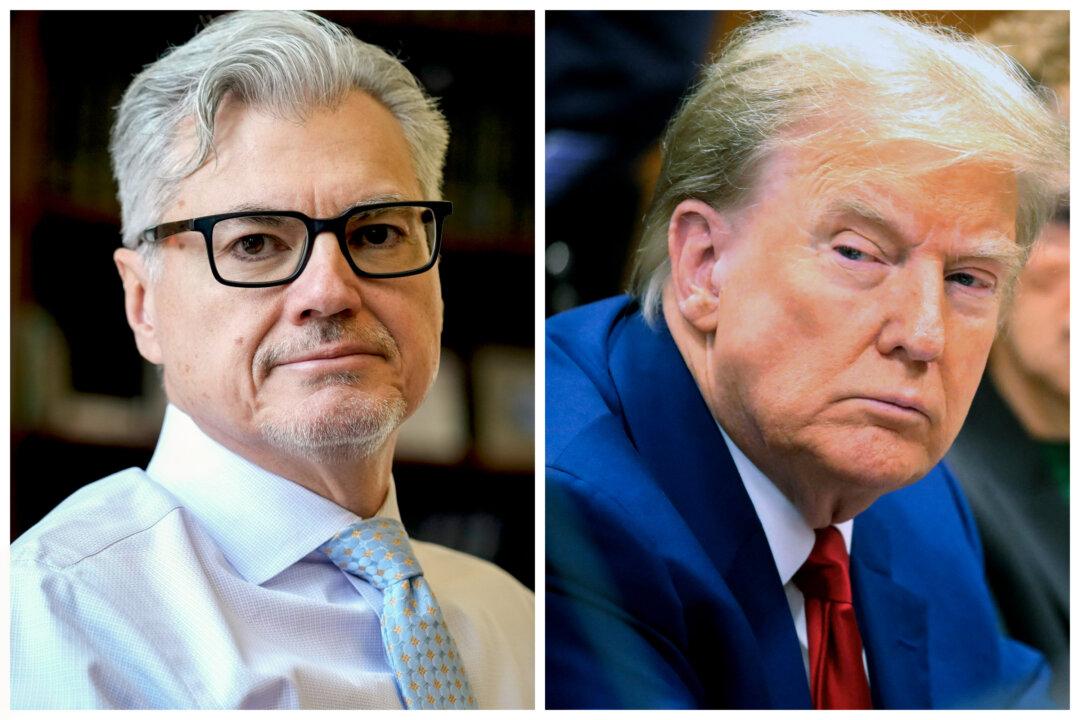Several legal experts have raised questions about Judge Juan Merchan’s instructions to the jury in former President Donald Trump’s business records falsification trial in New York, with some suggesting the instructions were prejudiced towards a guilty verdict because the judge told jurors that they don’t have to agree on elements of an underlying crime the former president allegedly committed in order to convict him.
Judge Merchan’s jury instructions could prove crucial in the case, in which the former president is accused of falsifying business records to conceal non-disclosure payments to a former adult film actress, because even small nuances in the instructions can make a big difference when a jury weighs whether to find President Trump guilty.





